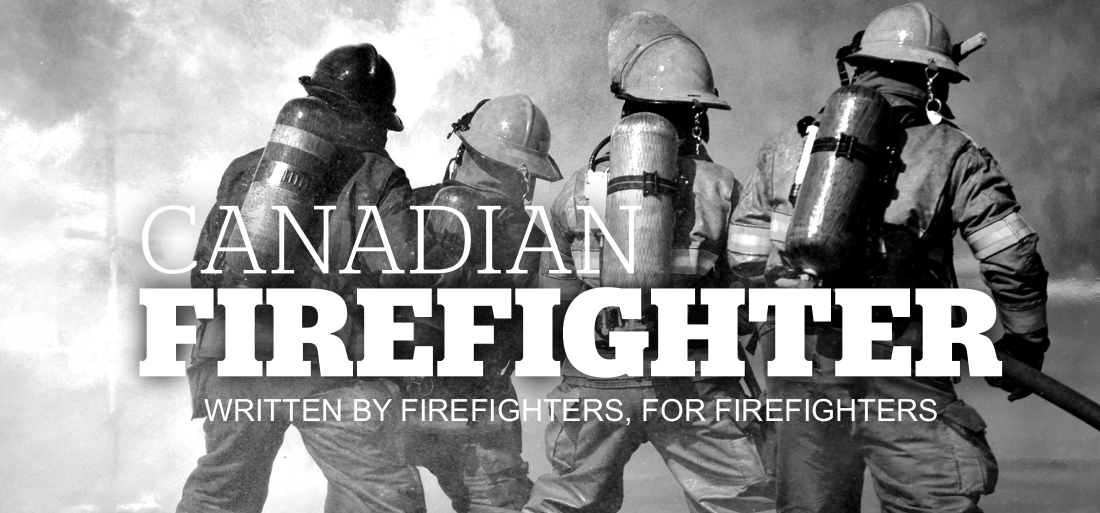
Introduction to moral injury
By Bruce Lacillade
Features Opinion canadian firefighter firefighter mental health wellness
First responders are exposed to intense human suffering and cruelty throughout the course of the job. This exposure could shake their core beliefs about humanity and lead to a variety of dysfunctional behaviours. Statistics indicate that one in three first responders struggle with operational stress injury and internal conflict (i.e., moral injury).
This internal conflict, moral injury, is a complex trauma-related syndrome involving a correlation of biological, psychological and social symptoms. These can include anger, sleep problems, anxiety, loneliness, avoidance, loss of meaning, intrusive thoughts, loss of faith, loss of interest, feelings of betrayal, shame, guilt, grief, trust issues, feeling overwhelmed, stomach problems and numbness.
These can have a substantial impact on one’s health and well-being; greatly affecting one’s quality of life.
Moral injury is nothing new. People, especially warriors, have experienced emotional suffering. References to this can be found in Greek, Hebrew and Eastern literature. However, moral injury is too often overlooked by mental health professionals as many believe that ethical and moral issues are outside their realm of expertise.
In reality, humans are spiritual beings in that we all have a rational soul. Along with our physical bodies, we have a soul that animates us. And as with our physical bodies our soul needs to be nourished and maintained in a healthy state. Without our soul, our body would be merely potential.
Healing of moral injury is something that one grows through with the assistance of family, peer support, counseling and one’s pastor/spiritual guide.
I do not have all the answers, if any. However, I can present a few items to add to your tool belt to help you get through the hard ‘stuff’.
- Walking: This contains a number of health benefits as well as reducing tension-anxiety, anger-hostility, and fatigue.
- Journaling: This is not a forensic examination of your day, just a focus on your thoughts and reactions to events.
- Aromatherapy and healing herbs: This is the application of the natural healing properties of plants essential oils through burning or massage. They can assist in correcting a number of issues associated with stress. However, please consult someone trained in their use.
- Equine assisted therapy: Provides assistance in healing by opening one’s heart to these magnificent creatures. Horses are very intuitive animals and can read your feelings. By connecting with a horse, the pain we hold so close can begin to melt away.
- Tai chi: Benefits include an improved awareness and connection to one’s body, a groundedness, confidence, strength, relaxation, improved sleep and reduced stress and anxiety.
- Yoga: A series of postures and breathing exercises practiced in hope of attaining physical and mental control as well as tranquility.
Throughout life our most important activity is to develop and maintain relationships, both personal and professional, as we are all interconnected and interdependent with each other and nature. Relationships are a two-way street and require constant care. They also require a mutual respect, shared devotion, and joint interests. Healthy relationships help us develop and maintain resilience to life’s struggles.
So, when you say, “I’ve got your back,” mean it; both on and off the job. First responders often encounter people having a bad day, but please remember that most people are still good at heart and the world is not always amoral.
Bruce Lacillade is retired now after a 25-year career with the Burlington Fire Dept. He spent 10 years on the trucks as a firefighter and 15 years in fire prevention doing code enforcement and fire investigations. He took an early retirement and completed degrees in pastoral care.
Print this page
Advertisement
- Boreal fire emissions surged in 2021, study says
- Fort Saskatchewan reveals new 10 minute fire response plan